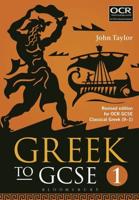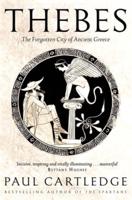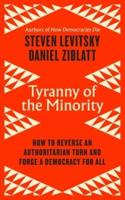Publisher's Synopsis
This book explores the impact of Alexander the Great's introduction of coined money on the economy and society of Egypt and its political implications for the formation of the Ptolemaic state. It argues that the introduction of coinage happened slowly, spreading gradually from Alexandria into the chora. Under Ptolemy II, however, Egypt was aggressively monetised. Using both numismatic and papyrological evidence, the workings of a rural monetary economy are reconstructed where coinage was in high demand, but in short supply. It is argued that by the middle of the third century BC Egypt was much more thoroughly monetised than is usually assumed, but that the degree of monetisation was sustained only by an extensive credit economy as well as ad hoc commutation of monetary payments into kind. Contextualising the complexities of credit and banking in rural Egypt, the book offers a fresh picture of their function in the ancient economy.











